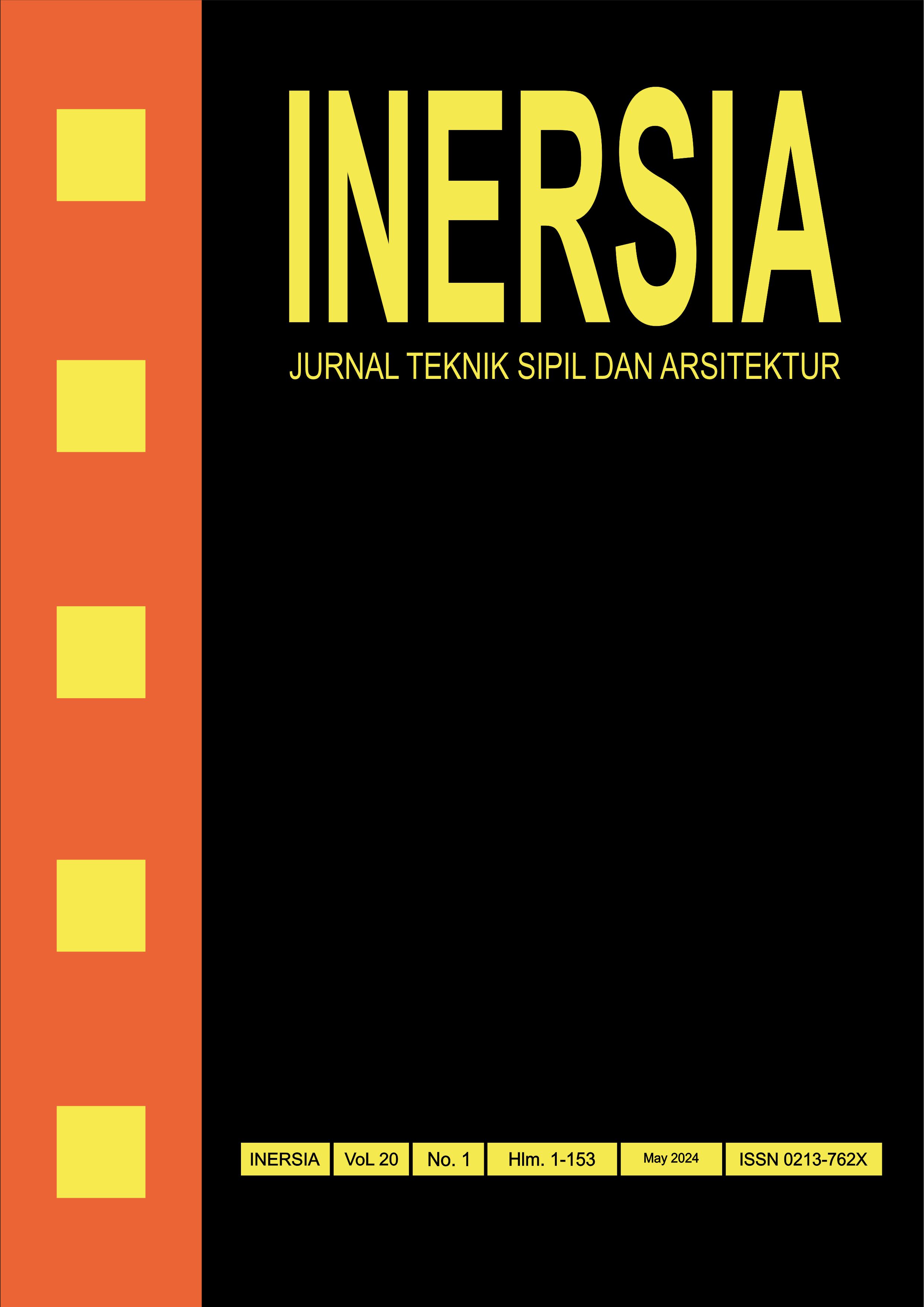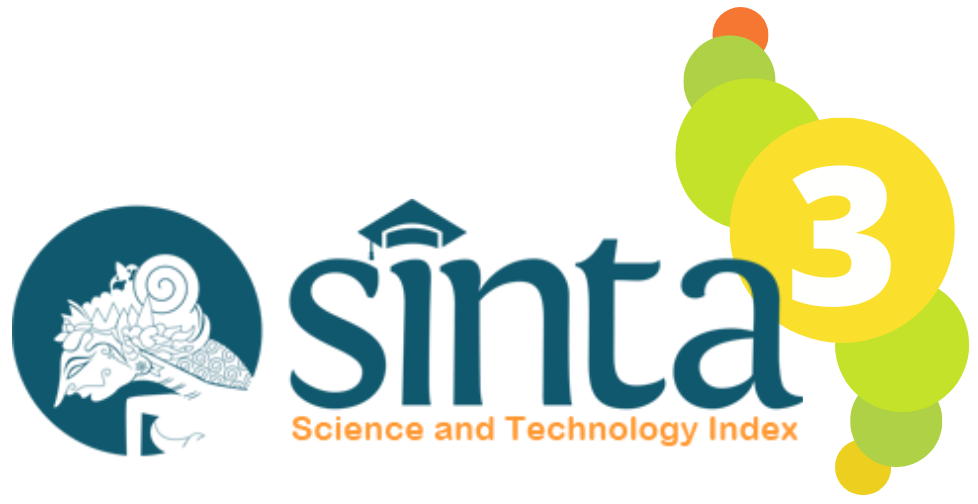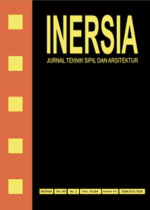The Shift of the Slow Tourism Concept During the Period of the Covid-19 Pandemic at Yabbiekayu Eco-Bungalows
DOI:
https://doi.org/10.21831/inersia.v20i1.72442Keywords:
slow tourism, pandemi, komponen wisata.Abstract
Even though it was affected by the Covid 19 pandemic, tourism actors are trying to persist in improving and developing the quality of tourist travel. One way that tourism actors do this is by making changes to the implementation, namely the concept of slow tourism in a tourist trip. The slow tourism concept is a tourism concept that focuses on improving the quality of travel by considering the ecological conditions of the environment, reducing emissions, and the welfare of the surrounding community, so as to create an authentic and unforgettable tourist trip. The study of the concept of slow tourism will not work without complete tourism components consisting of attractions, amenities, accessibility, accommodation and tourist activities. This research will discuss the concept of slow tourism in the tourism component which is the basis for changes in the application of the concept of slow tourism in the period before, during and after the Covid 19 pandemic at Yabbiekayu Eco Bungalows and the Timbulharjo Village area. This research discusses the extent of changes in the application of the slow tourism concept to tourist trips as well as the factors that influence changes to a tourist trip in the period before, during and after the Covid 19 pandemic at Yabbiekayu Eco Bungalows. The method used is descriptive qualitative, by collecting interview and observation data. The results of the research carried out will show the extent of changes in the concept of slow tourism in the period before, during and after the Covid 19 pandemic in Timbulharjo Village with the case study of Yabbiekayu Eco Bungalows. These changes will be identified in accordance with the research time period that has been determined, then a conclusion will be made regarding how dynamic and consistent the changes in the slow tourism concept that occurred during the period before, during and after the Covid 19 pandemic at the research locus, namely at Yabbiekayu Eco Bungalows and in the village Timbulharjo, Bantul, Yogyakarta.
References
S. Barr, "Personal mobility and climate change," WIREs Climate Change, vol. 9, no. 5, Sep. 2018, doi: 10.1002/wcc.542.
J. E. Dickinson, L. M. Lumsdon, and D. Robbins, "Slow travel: issues for tourism and climate change," Journal of Sustainable Tourism, vol. 19, no. 3, pp. 281–300, Mar. 2011, doi: 10.1080/09669582.2010.524704.
F. Higgins-Desbiolles, "Socialising tourism for social and ecological justice after COVID-19," Tourism Geographies, vol. 22, no. 3, pp. 610–623, May 2020, doi: 10.1080/14616688.2020.1757748.
I. Knez, "Is Climate Change a Moral Issue? Effects of Egoism and Altruism on Pro-Environmental Behavior," Current Urban Studies, vol. 04, no. 02, pp. 157–174, 2016, doi: 10.4236/cus.2016.42012.
C. Cooper, J. Fletcher, G. David, and S. Wanhill, Tourism: Principles and Practice. . England: Pearsons Education Limited., 2008.
S. Dall'Aglio, A. Nazzaruolo, and M. Zago, "Guidelines for the development of the Slow Tourism project. Workshop with the stakeholders and the operators. ."
A. Manthiou, P. Klaus, and V. H. Luong, "Slow tourism: Conceptualization and interpretation – A travel vloggers' perspective," Tour Manag, vol. 93, p. 104570, Dec. 2022, doi: 10.1016/j.tourman.2022.104570.
R. , A. S. , & O. A. Deshmukh, "Sustainable and Slow Tourism-A significant footstep towards reducing carbon emissions and negative health impacts: Perception of Indian Travelers", doi: 10.47750/pnr.2023.14.01.009.
A. Caffyn, "Advocating and Implementing Slow Tourism," Tourism Recreation Research, vol. 37, no. 1, pp. 77–80, Jan. 2012, doi: 10.1080/02508281.2012.11081690.
V. Hassan and S. Abou, "Slow Tourism as a Tool for sustainable tourism development: Guest houses in the Chouf Mount Lebanon." [Online]. Available: https://dergipark.org.tr/tr/pub/usbed
D. Conway and B. F. Timms, "Are Slow Travel and Slow Tourism Misfits, Compadres or Different Genres?," Tourism Recreation Research, vol. 37, no. 1, pp. 71–76, 2012, doi: 10.1080/02508281.2012.11081689.
Kate Leahy, "What's The Problem With Overtourism? ," Retrieved from National Geographic.
W. Nugroho and R. Sugianti, "Analisis Potensi Wisata Kampung Sayur Organik Ngemplak Magetan Mojosongo Berdasarkan Komponen Wisata 6A.," Jurnal Pariwisata dan Budaya Universitas Sebelas Maret , vol. 19, no. 2, pp. 35–40, 2018.
S. Roday, A. Biwal, and J. Vandana, Tourism Operations and Management. India: OUP, 2009.
A. T. Rachmadi, Pengambilan Keputusan Manajerial. Jakarta: Salemba Empat, 2012.
Salimah, M., Septanaya, I. D., & Navitas, P., "Perubahan Perilaku Wisatawan dan Aktivitas Wisata Pasca Terjadinya Pandemi COVID 19 di Kota Yogyakarta" JURNAL PENATAAN RUANG, Vol. 18 , 907-4972, 2023.
Krestanto, H. STRATEGI DAN USAHA RESERVASI UNTUK MENINGKATKAN TINGKAT HUNIAN DI GRAND ORCHID HOTEL YOGYAKARTA. Jurnal Media Wisata, Volume 17, Nomor 1, 1-8. 2019
Takva, Y., Takva, C., & Goksen, F. A Contemporary House Proposal: Structural Analysis of Wood and Steel Bungalows. Engineering, Technology & Applied Science Research , 11032-11035 . 2023.
Bungalow Definition: What Makes a House a Bungalow? Retrieved from Investopedia: https://www.investopedia.com/terms/b/bungalow.asp. 2019
S. Jitendra, K. Siddharth, and S. Vishvanath, "Exploring the dimensions of Slow Tourism," Academy of Entrepreneurship Journal, vol. 29, no. 2, pp. 1–8, 2023.
Downloads
Published
How to Cite
Issue
Section
License
Authors who publish with INERSIA journal agree to the following terms:
- Authors retain copyright and grant the INERSIA journal right of first publication with the work simultaneously licensed under Creative Commons Attribution License (CC BY 4.0) that allows others to share the work with an acknowledgment of the work's authorship and initial publication in this journal.
- Authors can enter into separate, additional contractual arrangements for the non-exclusive distribution of the published version of the work (e.g., post it to an institutional repository or edit it in a book), with an acknowledgment of its initial publication in this journal.
- Authors are permitted and encouraged to post their work online (e.g., in institutional repositories or on their website) before and during the submission process, as it can lead to productive exchanges, as well as earlier and greater citation of published work.

INERSIA by https://journal.uny.ac.id/index.php/inersia was distributed under a Creative Commons Attribution 4.0 International License











